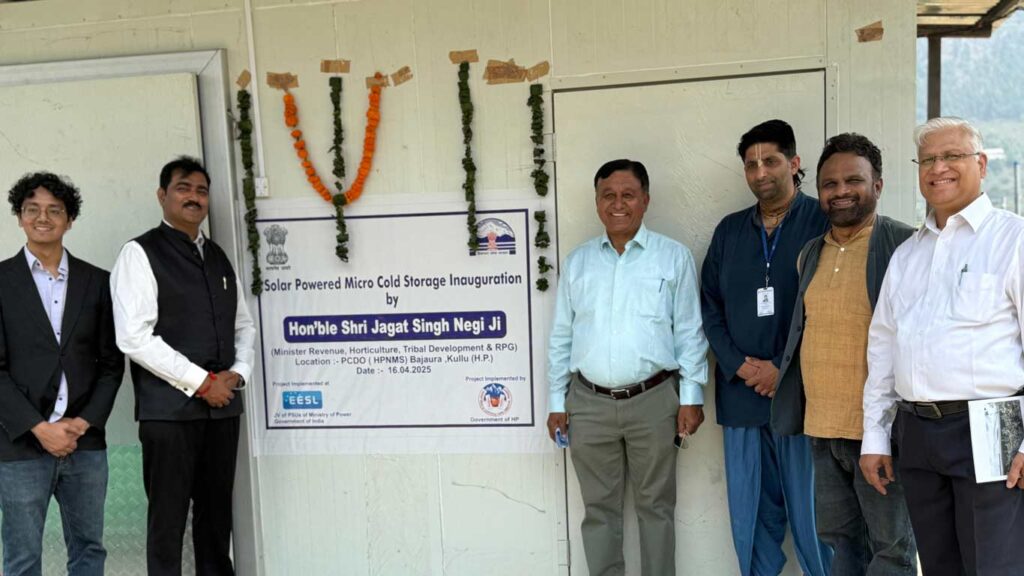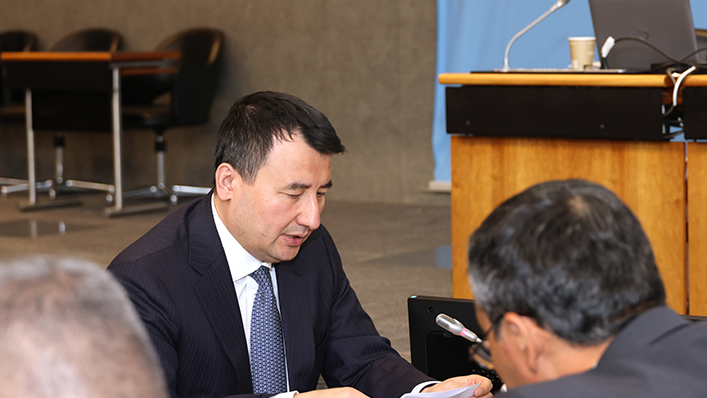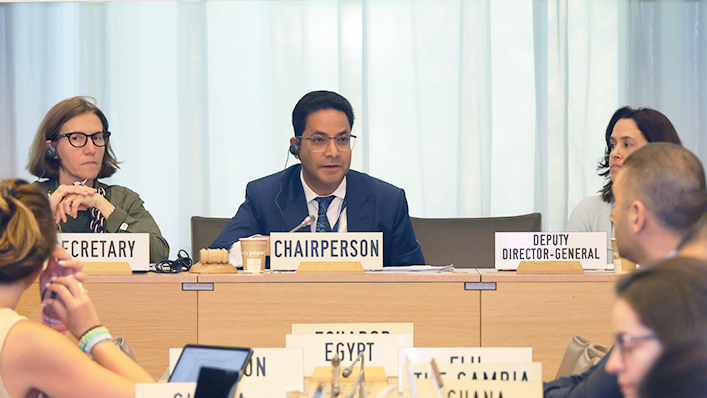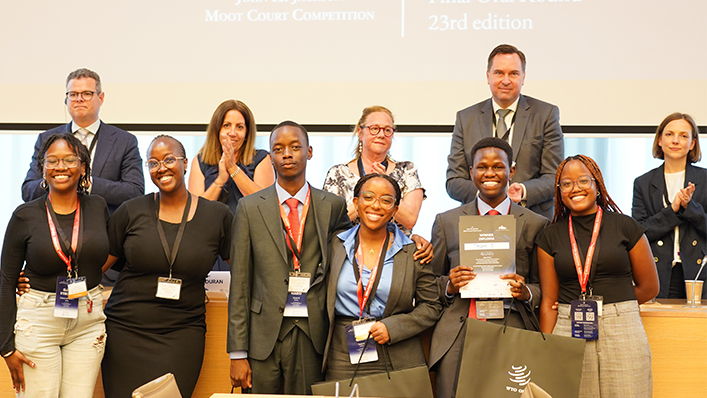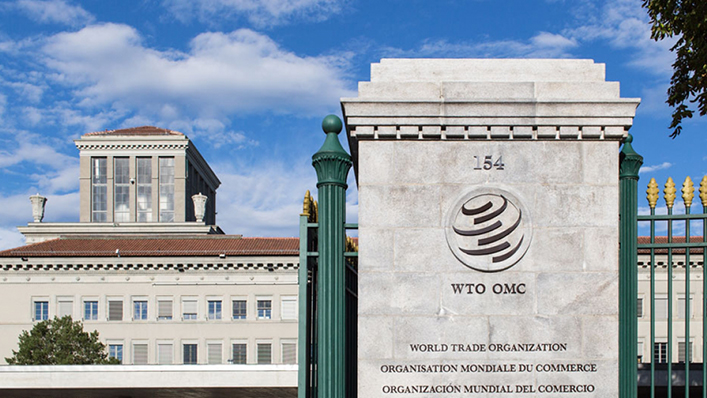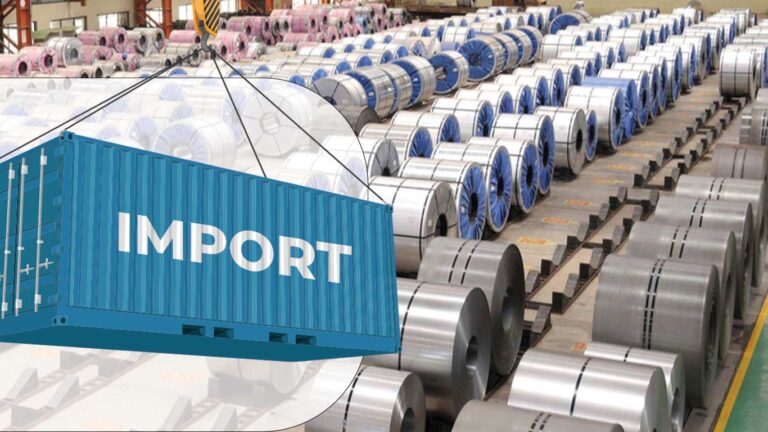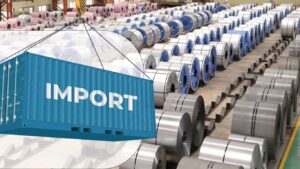Shimla, April 17 (KNN) Energy Efficiency Services Limited (EESL), a joint venture under the Ministry of Power, has initiated a new program introducing solar-powered micro cold storage (SPMCS) units designed to address India’s significant post-harvest agricultural losses.
The initiative commenced with a pilot installation in Himachal Pradesh, targeting the estimated Rs 7,000 crore annual post-harvest loss experienced across the country, which notably excludes potatoes and onions.
With approximately 50 percent of agricultural waste occurring at the farm gate level, EESL’s intervention focuses on providing decentralised cold storage solutions specifically dimensioned for small and marginal farmers.
The inaugural pilot unit was officially launched at PCDO, Bajaura in Kullu district by Himachal Pradesh’s Revenue, Horticulture, Tribal Development, and RPG Minister, Jagat Singh Negi.
This pilot implementation has been developed with technical and financial assistance from the Asian Development Bank (ADB).
Following this initial deployment, EESL plans to extend the program to additional states including Andhra Pradesh, Rajasthan, Uttar Pradesh, and Odisha, establishing a comprehensive national model for decentralised cold storage infrastructure.
Vishal Kapoor, CEO, EESL, emphasised the transformative potential of the initiative, stating: “These Solar Powered Micro Cold Storages represent a new class of infrastructure: decentralised, off-grid, and designed with the farmer at the center.
This is not just about reducing post-harvest losses; it’s about building climate-resilient food systems, protecting rural incomes, and accelerating India’s transition to a just, green economy.”
The operational model for the SPMCS program involves EESL handling installation and maintenance responsibilities, while state governments provide financial support to ensure the units remain affordable and accessible to farmers.
The initiative has benefited from collaborative technical guidance from multiple stakeholders, including the National Centre for Cold-chain Development (NCCD), Ministry of New and Renewable Energy (MNRE), CLASP, various original equipment manufacturers (OEMs), and the National Institute of Solar Energy (NISE).
A key technical feature of the SPMCS units is their 36-hour thermal energy backup capability, ensuring continuous cooling operations even during periods without access to grid electricity or solar power.
These facilities are engineered to accommodate multiple harvest cycles throughout the year and reduce the necessity for farmers to engage in distress sales of perishable produce, thereby promoting income stability in rural communities and enhancing food security throughout the supply chain.
The broader implementation of the SPMCS program aims to seamlessly integrate renewable energy technologies into agricultural infrastructure while promoting sustainable farming practices resilient to climate challenges.
By targeting the farm-level cold chain gap, the initiative addresses a critical vulnerability in India’s agricultural value chain.
(KNN Bureau)


